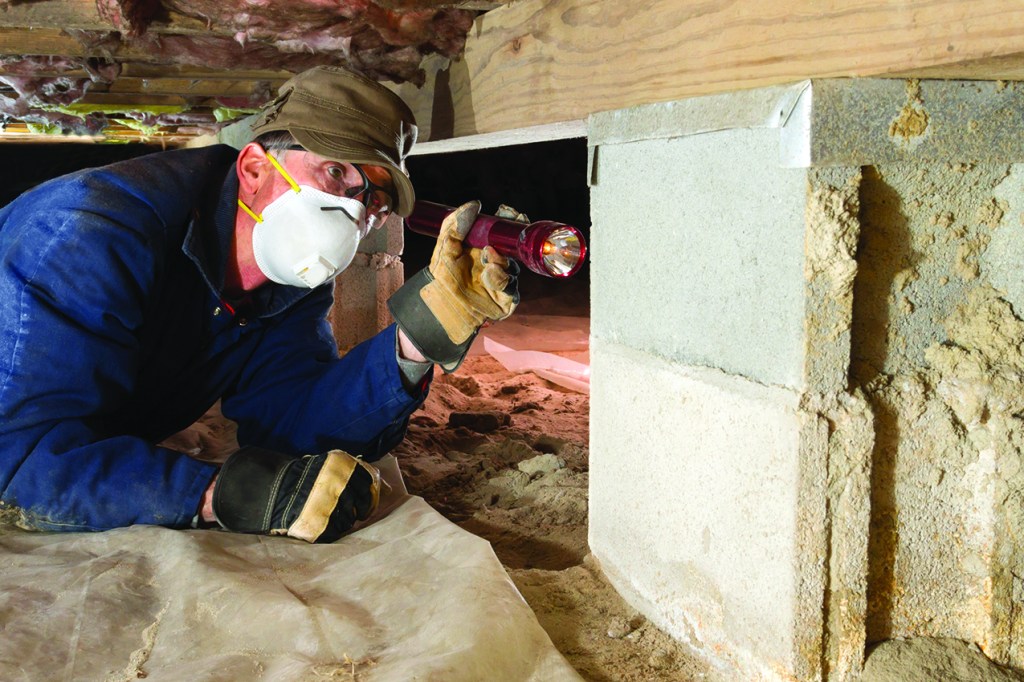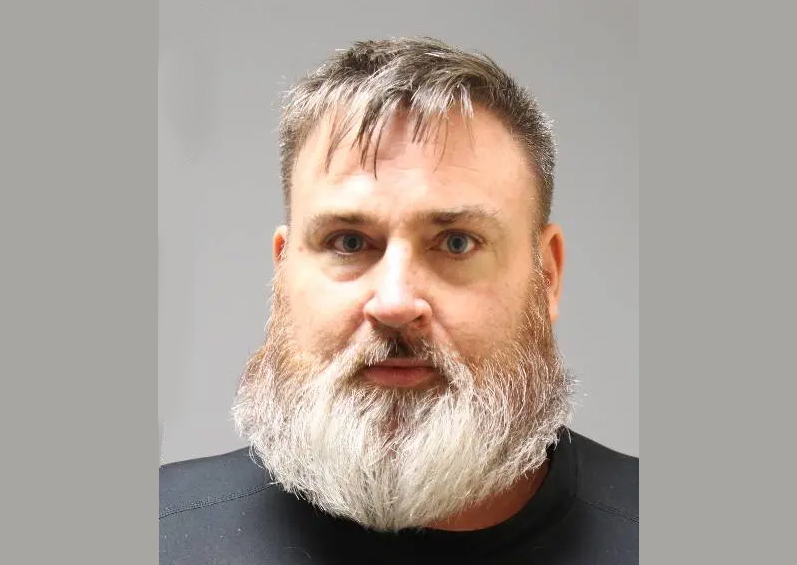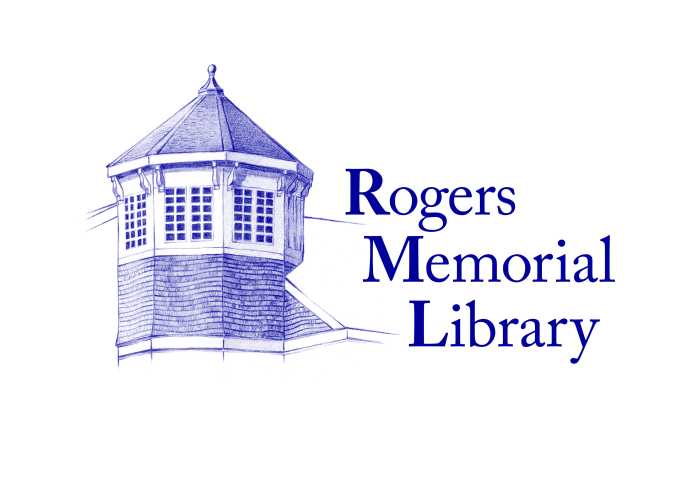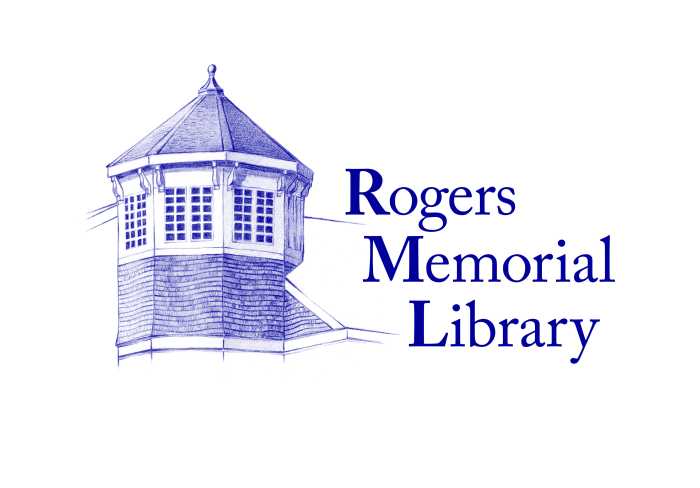Assembly Defines East End Trustees as Municipal Corporations

The New York State Assembly has given final passage to legislation that would include the Trustees of the Freeholders and Commonalty of the Town of Southampton, the Trustees of the Freeholders and Commonalty of the Town of East Hampton and the Trustees of the Freeholders and Commonalty of the Town of Southold as municipal corporations for the purposes of Section 72-h of the General Municipal Law.
Assemblyman Fred Thiele stated, “Typically, the local governments can transfer land to other local governments for public purposes at no or reduced cost pursuant to Section 72-h of the General Municipal Law. For example, the County of Suffolk often will transfer lands it obtains through tax foreclosure to other local governments for purposes such as affordable housing or open space, where the county has no use for such property, if the local government obtaining the property simply pays the back taxes.”
Thiele further explained that the section states that land transfers may only be made to municipal corporations, which are defined as a county, town, village or fire district. While the Southampton Town Trustees, East Hampton Town Trustees and the Southold Town Trustees are clearly local elected government bodies, they are not included in the definition. “No doubt this was an oversight, because such Trustees were created by colonial patent and are unique to eastern Long Island,” the Assemblyman said, noting that they would greatly benefit from the ability to receive land at no cost from Suffolk County or other local governments, to be placed under their stewardship.
This new legislation provides that for the purposes of Section 72-h of the General Municipal Law, the term “municipal corporation” will include the Trustees Southampton, East Hampton and Southold.
The bill also provides that real property received by such trustees pursuant to this act cannot be sold, transferred, leased, exchanged or otherwise conveyed unless provided by an act of the Legislature.
The legislation is sponsored in the State Senate by State Senator Kenneth P. LaValle where it has already passed. The bill now goes to the Governor for approval.









